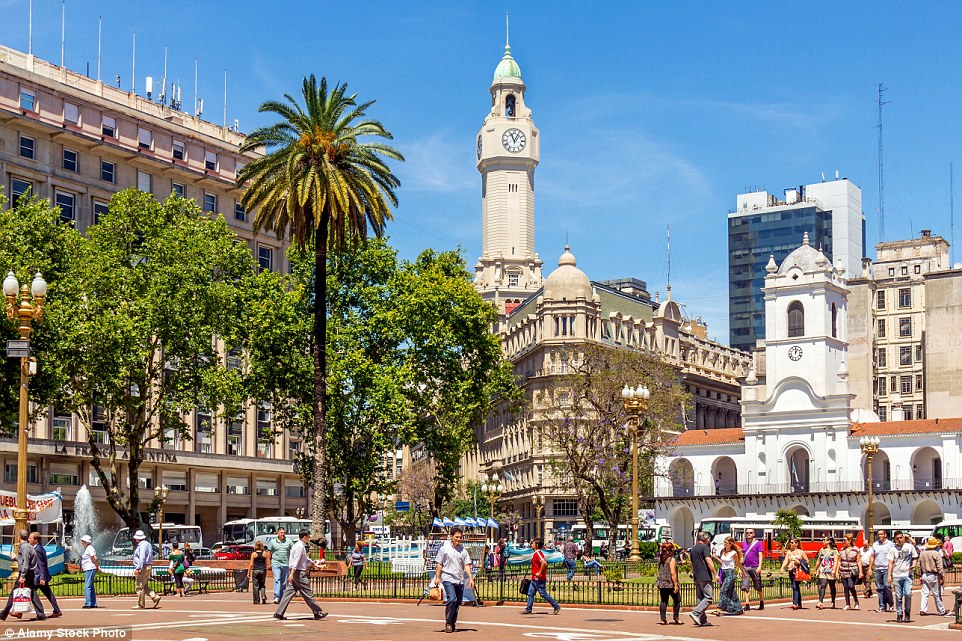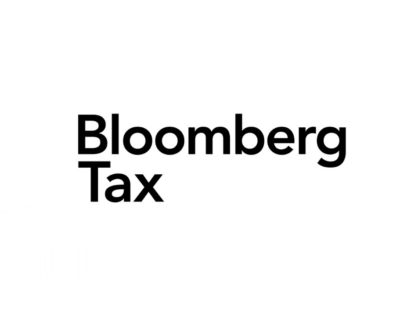In this post, we take a closer look at Argentina’s latest transfer pricing developments introduced by Decree 767/2025, published on October 28, 2025. The reform forms part of the government’s broader effort to modernize the country’s international tax and customs framework. It aims to reduce unnecessary compliance burdens, increase transparency in cross-border operations, and bring Argentina’s transfer pricing practices closer to international standards.
Decree 767/2025 updates the applicable thresholds, clarifies that transfer pricing analyses should be based on the results of the tested party rather than automatically focusing on the Argentine taxpayer, as was previously the case, and introduces additional customs-related provisions.
The decree enters into force the day after its publication and its key provisions apply to fiscal years ending on or after October 29, 2025.
Higher Thresholds, Lighter Burden
For years, Argentina’s transfer pricing regime has been known for its exhaustive compliance requirements, which often placed smaller or mid-sized taxpayers under the same reporting burden as large multinational groups. The new decree seeks to correct this imbalance by raising the monetary thresholds that trigger the obligation to prepare detailed transfer pricing documentation and file the corresponding forms.
Under the new rules:
- Import and export operations with independent parties in cooperative jurisdictions are exempt from the informational filing when the total annual value is below ARS 500 million (approximately USD 344,800 at the current reference rate).
- Transactions with related parties or with entities located in low-tax or non-cooperative jurisdictions require a transfer pricing report only if:
- The aggregate annual value of such transactions exceeds ARS 150 million (approximately USD 103,400), or
- The value of any individual transaction exceeds ARS 15 million (approximately USD 10,300).
From a policy perspective, this reform reflects a shift toward risk-based oversight. By excluding smaller taxpayers from the heaviest documentation obligations, the tax authority can concentrate its efforts on higher-value or higher-risk cases, such as complex cross-border dealings, financial transactions, or commodity trades.
For taxpayers, the impact is twofold: a meaningful reduction in compliance costs for smaller entities and a clearer signal for larger groups to maintain strong documentation.
The Tested Party Takes Center Stage
Perhaps the most conceptual yet meaningful shift lies in who is tested. The decree clarifies that transfer pricing analyses should be based on the results of the tested party rather than automatically focusing on the Argentine taxpayer. This subtle change introduces a more balanced approach that aligns with OECD methodology, allowing the most appropriate entity in a controlled transaction, regardless of location, to be selected as the tested party.
While further clarification from the tax authorities is expected, the wording of the decree appears to indicate that Argentina may be moving toward recognizing the tested party concept as applied in international practice. However, until formal guidance is issued, this interpretation should be approached with caution. In practical terms, if confirmed, this development would bring the local framework one step closer to global standards and could provide practitioners with greater flexibility when designing and defending transfer pricing policies.
Conclusion
Argentina’s Decree 767/2025 modernizes the local transfer pricing landscape through a mix of higher thresholds, targeted transparency, and methodological refinement. For multinational groups, it offers both relief and responsibility: less paperwork for smaller taxpayers but greater scrutiny for those with significant cross-border transactions or complex intercompany dealings. By explicitly adopting the tested-party concept, the country signals a maturing framework that better aligns with global standards.
For more information, the full text of Decree 767/2025 can be found in Spanish in the Boletín Oficial de la República Argentina:
- https://www.boletinoficial.gob.ar/detalleAviso/primera/333486/20251028









